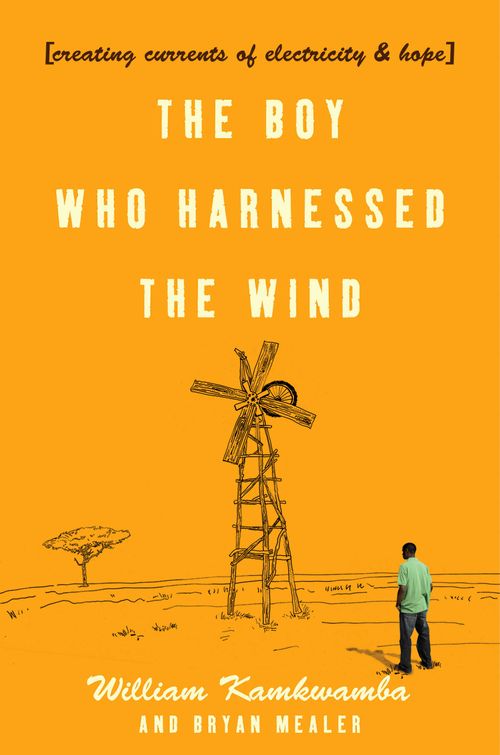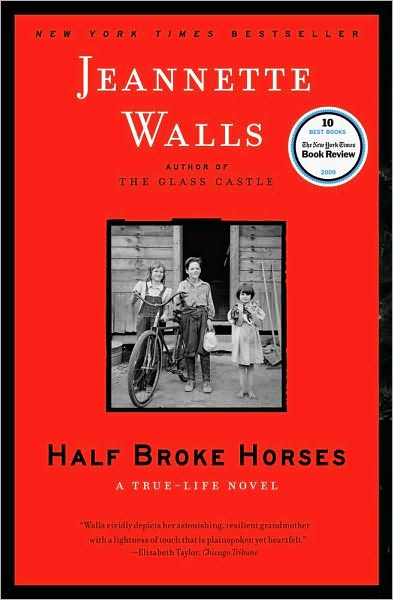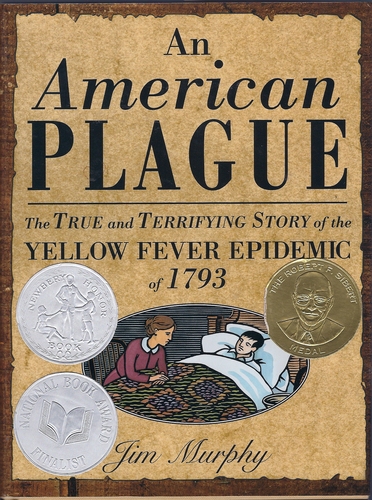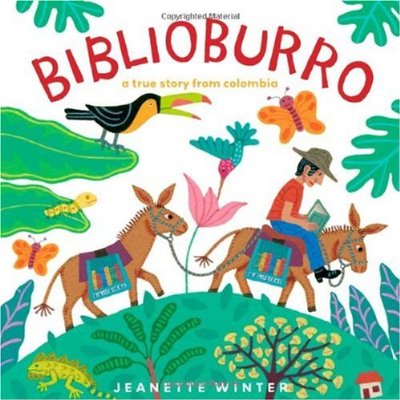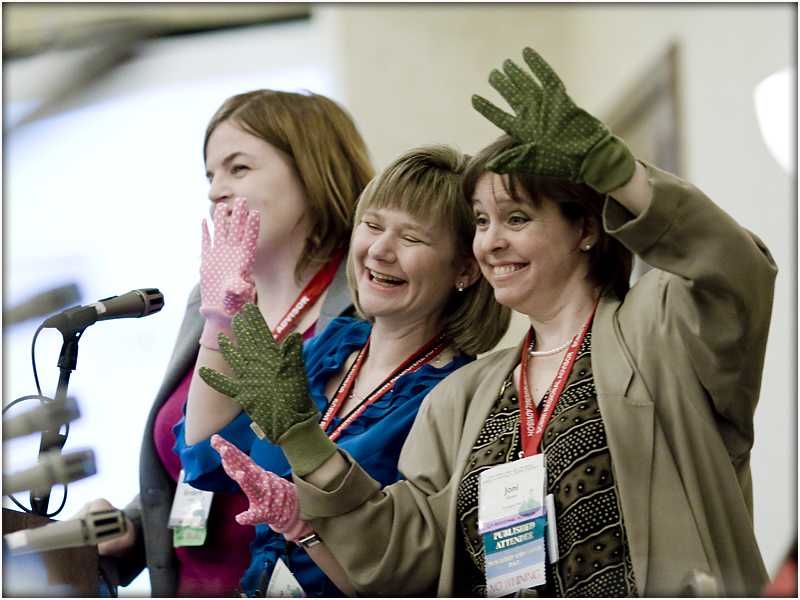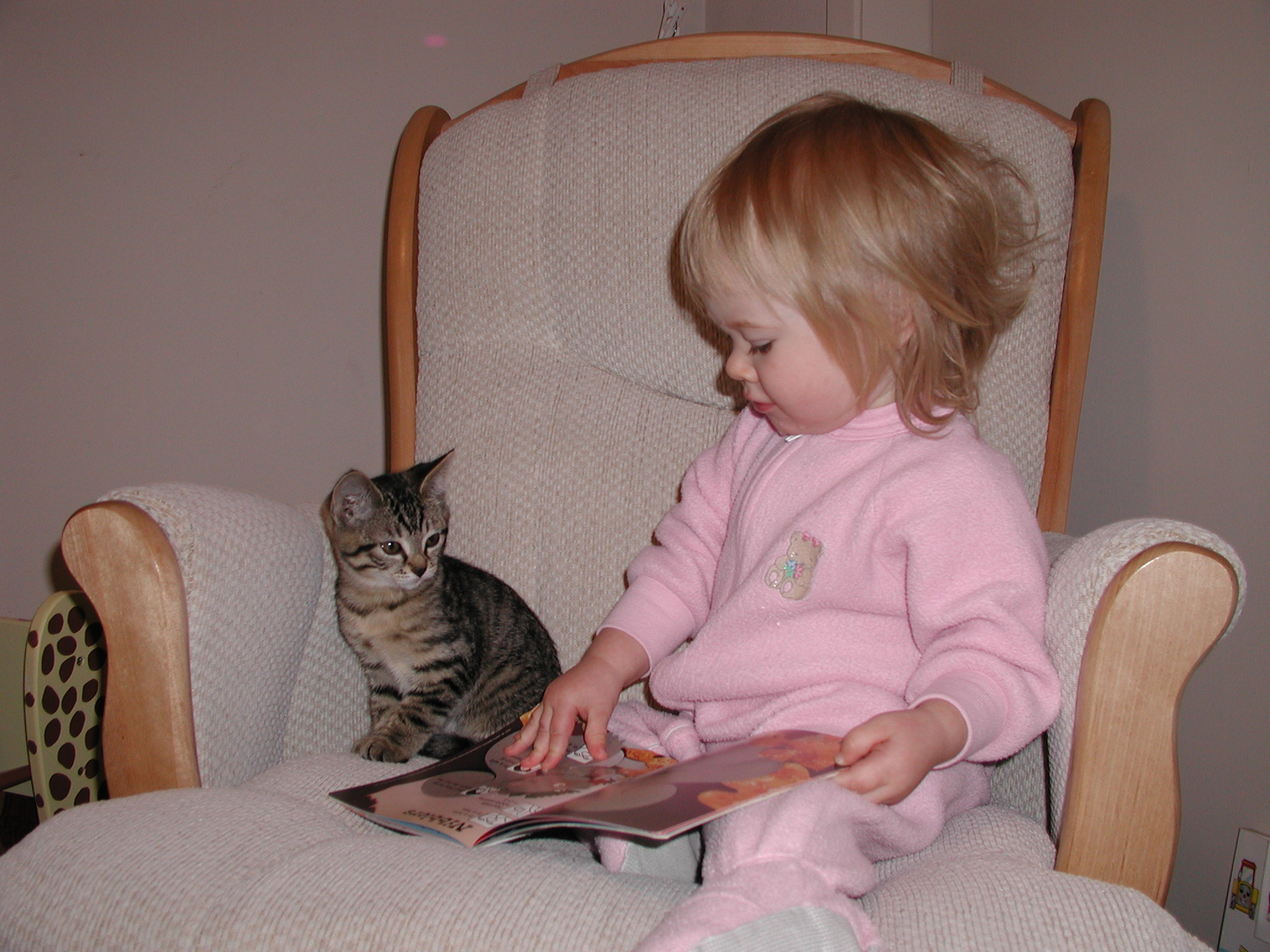I’m usually pretty big on reflecting on the past year, re-evaluating, and setting goals (not so much resolutions) around the start of each new year. Starting into this year, though, I just didn’t really have any. Am I just happy where I’m at—coasting along with magazine articles but no books contracted yet? Certainly not! But everything I came up with—everything I know I need to do—sounded too big and too scary for me to actually commit. Me, a commitment-phobe? Not generally, no. I was confused and disheartened by my apparent total lack of resolve. And, I was beginning to lament that January was half over and I STILL hadn’t come with any reasonable goals that I felt I could stick to.
Enter serendipity.
First, I stumbled upon a relatively new blog written by a new member of the NFforKids Yahoo group, Carole Bruce Collett. One of her posts mentioned that she’s doing the WordPress Post A Week 2011. Intrigued, I checked it out. Wow, they not only ask me to commit to post once each week in 2011, they also send reminders, prompts, and inspiration! Okay, maybe I can do that. I mean, I will do that! So, watch for at least a post each week. I won’t promise they’ll all be good, though!

Then, I saw a post about the second annual Picture Book Marathon on SCBWI Western Washington’s Chinook Update blog. Participants commit to write 26 picture books during the month of February (leaving just two well-deserved rest days). One of the things I was trying to commit to was writing every day, writing more new work, writing just for fun. But all of those things were too big. One month, 26 picture books? Measurable. Doable. 26 days. And they offer “training” emails! (Are you sensing I need a little hand-holding?) I got in just before the first training email, and I am psyched! But I won’t promise ANY of these will be good!
I love the writers’ community that is growing out there in cyberspace. I love the support and encouragement I get from “the tribe,” even those I’ve never met, and may never meet, in person. ‘Tis a fabulous thing we do, and ‘tis done by fabulous people. Thanks for reading!


